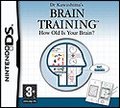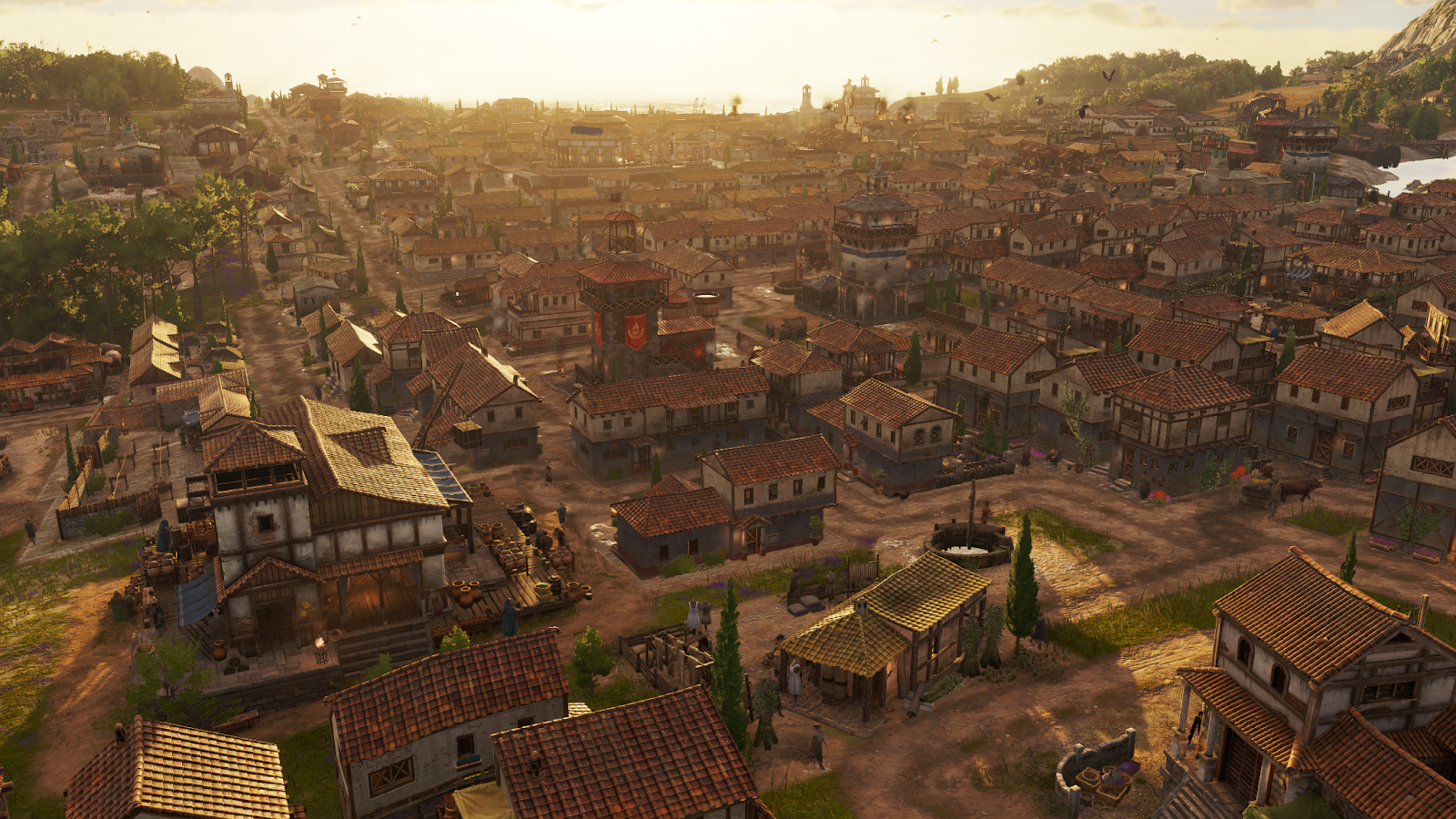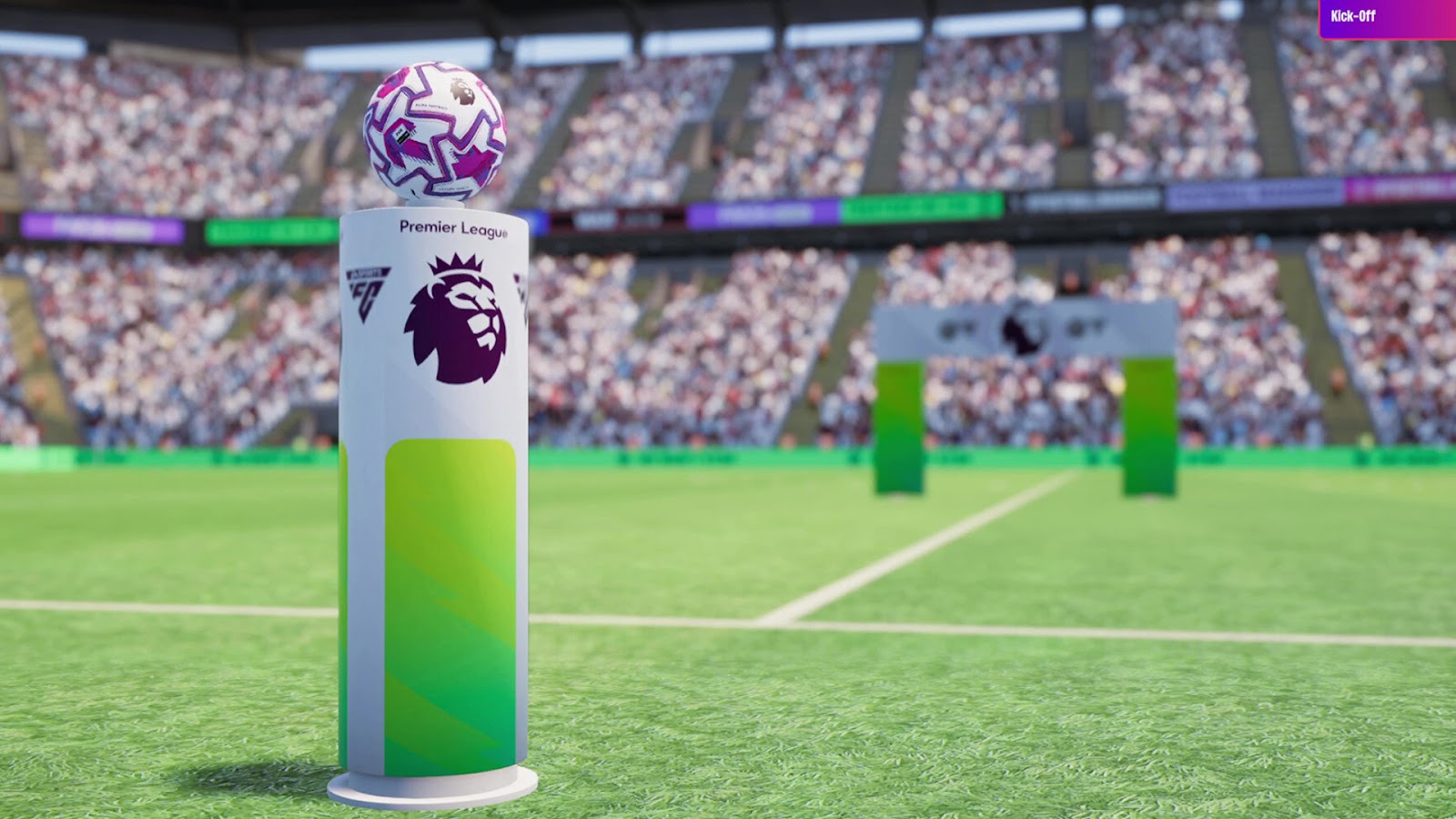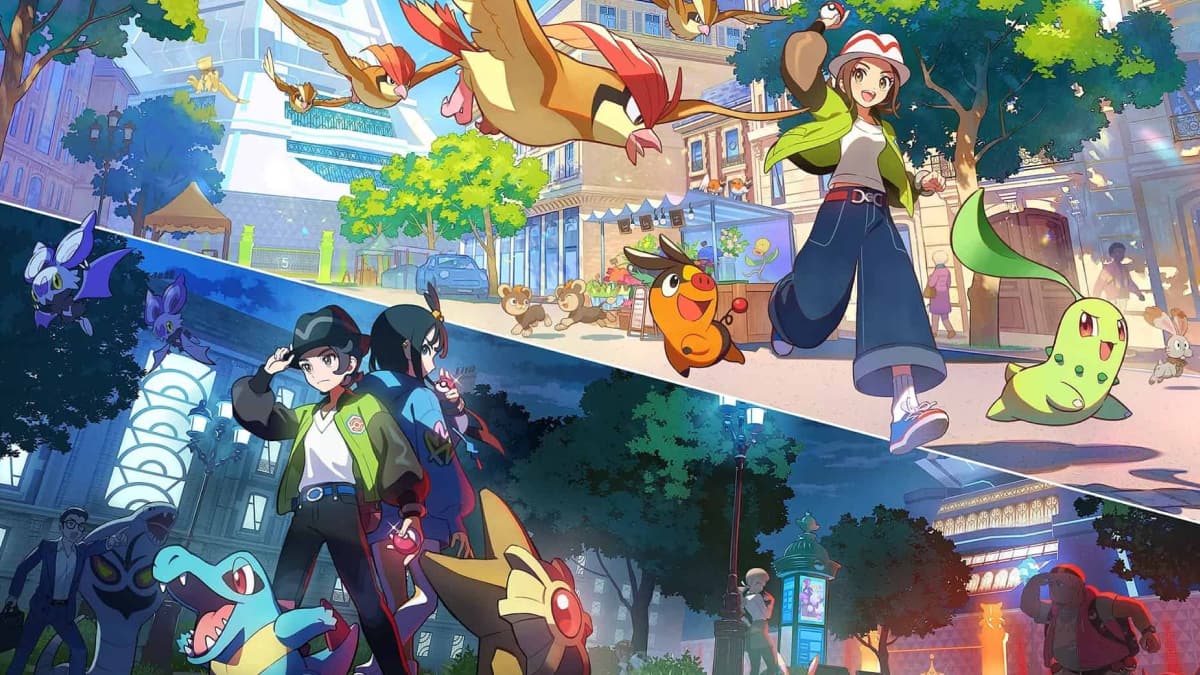You can trust VideoGamer. Our team of gaming experts spend hours testing and reviewing the latest games, to ensure you're reading the most comprehensive guide possible. Rest assured, all imagery and advice is unique and original. Check out how we test and review games here
With a bevy of multi-million dollar video games available to play through, a home cinema to enjoy them in, and a thirst for action, the prospect of spending time with my DS performing daily school-like tasks didn’t exactly appeal. It’s rather big-headed of me to say, but I did well at school. However, these days I rarely use a pen, my maths skills are limited to working out how many days remain until E3, and I use online chat programs so frequently as a means of communication that my voice might as well not work.
Brain Training isn’t even a game. Its premise of requiring the user to carry out a set of tasks every day in order to improve brain functionality sounds a lot like homework. Something I’m far too lazy to do now my terrifying Head of Year isn’t a factor. Laziness aside, the majority of my gaming takes place outside of what I imagine to be my peak ‘mentally astute’ hours. Staring with tired eyes at the DS screens, while trying to sound alive and write with a level of legibility higher than a four-year-old’s scribbling would prove difficult. It was time to change my way of life.
Ok, so I didn’t really change my life, but I did make an effort to give Brain Training some time during ‘normal working hours’. As I’ve said, Brain Training isn’t really a game. It’s a collection of mildly taxing mental problems that you have to carry out at speed. These include basic sums, reading aloud, naming colours, remembering words and more. Taken by themselves they’re the kind of thing you might see on the back page of a newspaper and spend five minutes doing. Together they train your brain and determine your ‘Brain Age’.
Each player signs in with their own account, which keeps track of all your tests and your current ‘Brain Age’. Training tasks and the test can only be performed once per day, but you can have a quick bash at the tasks using the quick play mode. The daily play might sound restricting, but it’s key to how the game works. Brain Training isn’t something that you’ll spend eight hours a day with, playing until the early hours of the morning; it’s a game that you might spend half an hour with, gradually improving your supposed Brain Age. Eventually, playing the game becomes part of your everyday routine, and while I’m sure to stop at some point, for now the simple tasks are carried out every day.
On the whole the handwriting and voice recognition works very well. The fast pace of the tasks means that mistakes are easy to make, but after a while you’ll learn what the game can and can’t recognise. The voice recognition seems to work better if you slightly exaggerate the sounds in words, but again, you’ll soon get used to it. Left-handed writers needn’t worry as you’re able to choose your preferred hand. Seeing as the game is played as if the DS is a book, the system can easily be spun around to cater for all players. There’s little to get excited about visually or from a sound perspective, but it’s functional, which is all that was required.
While the daily tasks would have made for a decent product, thankfully there’s more to do. The best added extra is Sudoku. You get over 100 puzzles and can play at a difficulty to suit. The small screen doesn’t make playing the game ideal, and isn’t really as good as using good old pencil and paper, but it’s handled about as well as it could be on the DS. Clicking on a square will zoom in, allowing you to enter the number you believe goes there or a number that could possibly go there. If you enter a number that you don’t want any more you can simply write over it, and if you’re feeling lazy you can prevent incorrect numbers being entered. There’s also an option to save your progress mid-puzzle, so you don’t have to worry about leaving your DS in standby mode.
If you’ve got a friend (or fifteen friends) with a DS, you can share a single game card to play a Calculation battle. A demo, which includes a number of Sudoku puzzles, can also be shared with friends. It might seem like game modes are a little sparse, but Brain Training can take up a surprising amount of time. The brain training aspect of the game won’t take up too much of your day, but you can spend hours tackling the Sudoku puzzles, especially if you play without the cheat mode enabled. It’s also worth pointing out that the game retails for a fair bit less than your average DS title, so you certainly won’t feel short-changed.
After a week with Brain Training, carrying out my daily training and test, I ended up with a Brain Age of 35. Considering I started at a rather worrying Brain Age of 50, that’s not too bad. I also managed to complete ten Sudoku puzzles, which probably makes Brain Training the most played DS game in my collection – at least in such a short period of time. A few weeks ago I sat firmly in the group of scoffers, not believing that such basic little tasks could ever really create a proper game. As it turns out, non-game games can be pretty good games. You can’t compare this to the GTAs and the Tomb Raiders of the world, but as a fun way to spend a few minutes every day, it’s worth considering.
Dr. Kawashima’s Brain Training: How Old Is Your Brain?
- Platform(s): Nintendo DS, Wii U
- Genre(s): Puzzle
/https://oimg.videogamer.com/images/71e9/brain_training_2.jpg)






